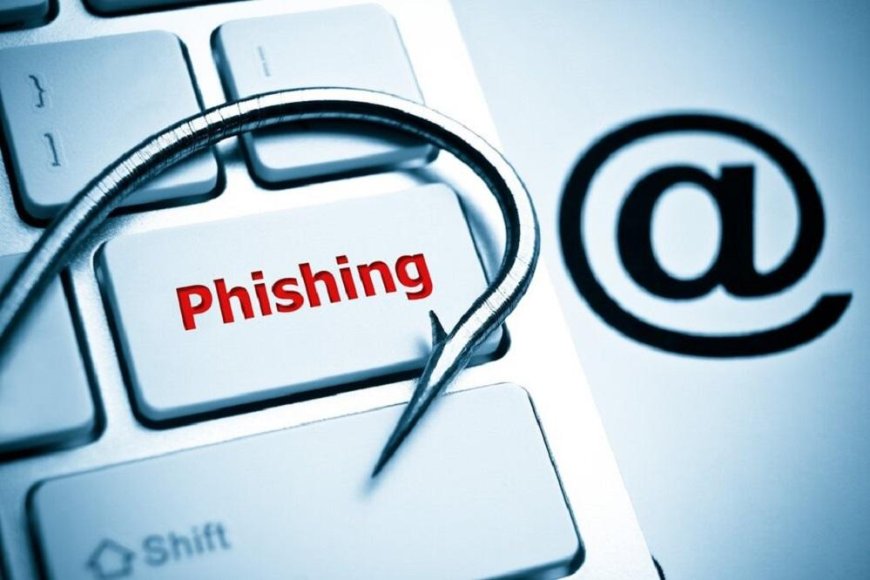7 easy tips to protect ourselves from phishing
known as phishing, scammers take over our passwords or steal our identity. Great care. 7 easy tips to protect ourselves from phishing.

Through this technique known as phishing, scammers take over our passwords or steal our identity. Great care. 7 easy tips to protect ourselves from phishing.
A new world
Internet is wonderful. It is the best invention since the wheel and its applications are so vast that they turn the wheel into a simple toy (although if humanity had not invented the wheel, it would not have invented the Internet either). We can say without error that the Internet has changed the world. And not only has the world changed: rather, it has created a new one. Perhaps, in a few years, in the cases of History there will be no talk of (before and after the Internet).
And of course, in a new world there are also new crimes or, more than new, there is an adaptation of the old to new technologies. It was expected. But while the old world adapts to the new realities and adapts the regulations and tools to fight effectively against this crime that uses technological means, we find ourselves suffering the consequences somewhat more unprotected than usual.
One of these new crimes is phishing and we are all susceptible to it, but we can be vigilant and protect ourselves. You don't need to be an expert, or have a degree in computer engineering or programming knowledge, you just have to be cautious and a little suspicious, so it's so easy that our grandfather can do it too.
What exactly is phishing?
Phishing encompasses a series of fraudulent practices of impersonation of a third party or trusted entity in order for the victim to reveal a series of data or click on a link with malware. In short, it serves to steal bank details, passwords, and personal data or install spyware on our computers.
- Tips to protect ourselves from phishing
- be suspicious of any email that asks for personal information.
The characteristics of phishing emails is that they will look real. They clone the appearance of the page of our bank, our insurance company, our training entity, etc., Despite this semblance of normality, what is flustered is that they offer us something that looks good and, incidentally, they ask us to provide account numbers, passwords or things like that. You have to doubt everything, because what bank would ask you for your access passwords in an email? Nobody gives away anything in exchange for nothing and less a bank or an insurance company.
And not everything is gifts or offers, they can also try to manipulate us saying that there has been a problem with security and that we must reset the password.
Must Read: Educational games for kids online 6-7 years
- The usual solutions work: the best thing is to contact the company by phone and ask.
Be careful with the links and telephone contacts that are provided in an email or in an advertisement. As they clone the pages, they can deceive us; so we must access by normal means or Google phones.
- Confidential data should only be provided on secure websites
And those are the ones that have a url that begins with "https: //". We must distrust the others (well, some of the Government have not yet been updated to the new protocol) and never put any of our identity data in them.
- It is necessary to update the software of the telephones and the operating systems of the computer
Because they protect against security threats.
- To keep our accounts secure, we must use a multi-factor authentication system
It is slower, but much more secure. It is a system that, in addition to name and password, asks for other information, such as a code that is received in an SMS or the scan of the fingerprint.
- They don't just want bank details
Personal data is on the rise these days. We must also be angry when they ask us to provide information that could give access to our social networks. Better to prevent...
- You have to use a good antivirus
We spend a lot of money on our computers, but skimp on an antivirus? That cannot be. Having our data well protected is very important; so, if we have to save on something, it better be in the Spotify fee (as much as it is) than in the purchase of the antivirus.
